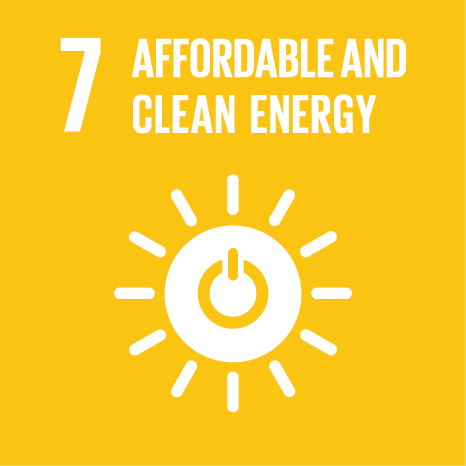Ciência-IUL
Publications
Publication Detailed Description
Experimental projects as learning settings for system building in sustainability transitions: The case of marine renewable energies
Proceedings of the 22nd International Sustainable Development Research Society Conference (ISDRS 2016): “Rethinking sustainability models and practices: challenges for the New and Old World contexts”
Year (definitive publication)
2016
Language
English
Country
--
More Information
Web of Science®
This publication is not indexed in Web of Science®
Scopus
This publication is not indexed in Scopus
Google Scholar
Abstract
The paper addresses the role played by experimental projects in the process of development of
new sustainable energy technologies, investigating how they promote learning, both about the
technologies and about the economic, social and political processes required to construct a new system. For this purpose it analyses the case of the emerging marine renewable energy
technologies, which are complex technologies whose full development and diffusion involves
combining a variety of areas (both new and existing) with diverse industrial structures,
technological and organisational practices, institutions and cultures, and thus requires mobilising, connecting and aligning substantially different actors. The analysis addresses the experimental projects with Portuguese involvement conducted, over time, in the wave energy and offshore wind energy fields, combining secondary data and interviews with key actors. It focuses on the behaviour of actors, as the entry point to investigate the processes at work. The objective is to understand whether and how sequences of experimental projects and the presence of “intermediary actors” – who connect between projects and conduct “aggregation activities” that turn contextual knowledge into generic knowledge – contribute to learning processes concerning technology stabilisation, actors’ alignment and transformation of the institutional framework. The preliminary results offer an overview of the evolution of the most significant actors/networks and provide some indications towards roles played, as well as insights into the nature of learning processes that are at work in the emerging system.
Acknowledgements
--
Keywords
Sustainable energy transition,Experimental projects,Learning processes,System building,Renewable energies
Contributions to the Sustainable Development Goals of the United Nations
With the objective to increase the research activity directed towards the achievement of the United Nations 2030 Sustainable Development Goals, the possibility of associating scientific publications with the Sustainable Development Goals is now available in Ciência-IUL. These are the Sustainable Development Goals identified by the author(s) for this publication. For more detailed information on the Sustainable Development Goals, click here.

 Português
Português



